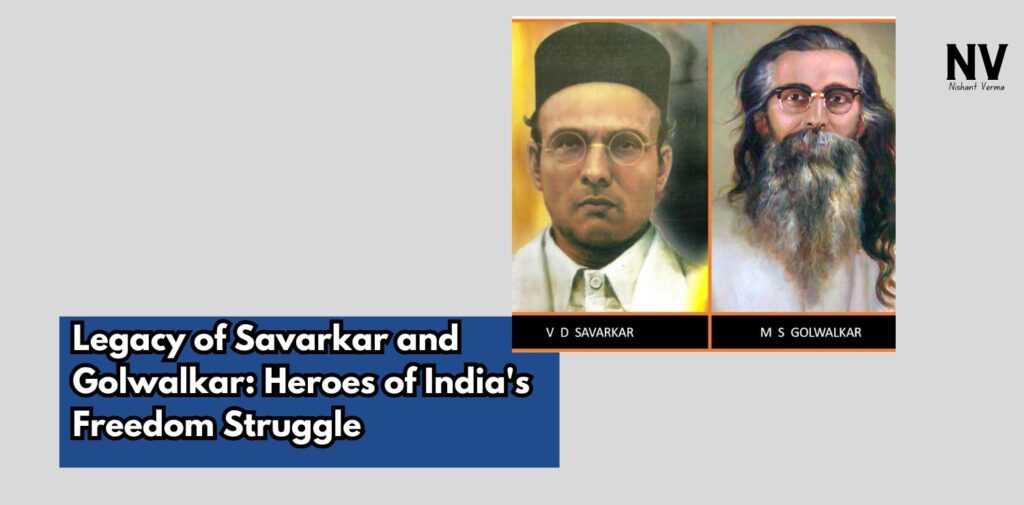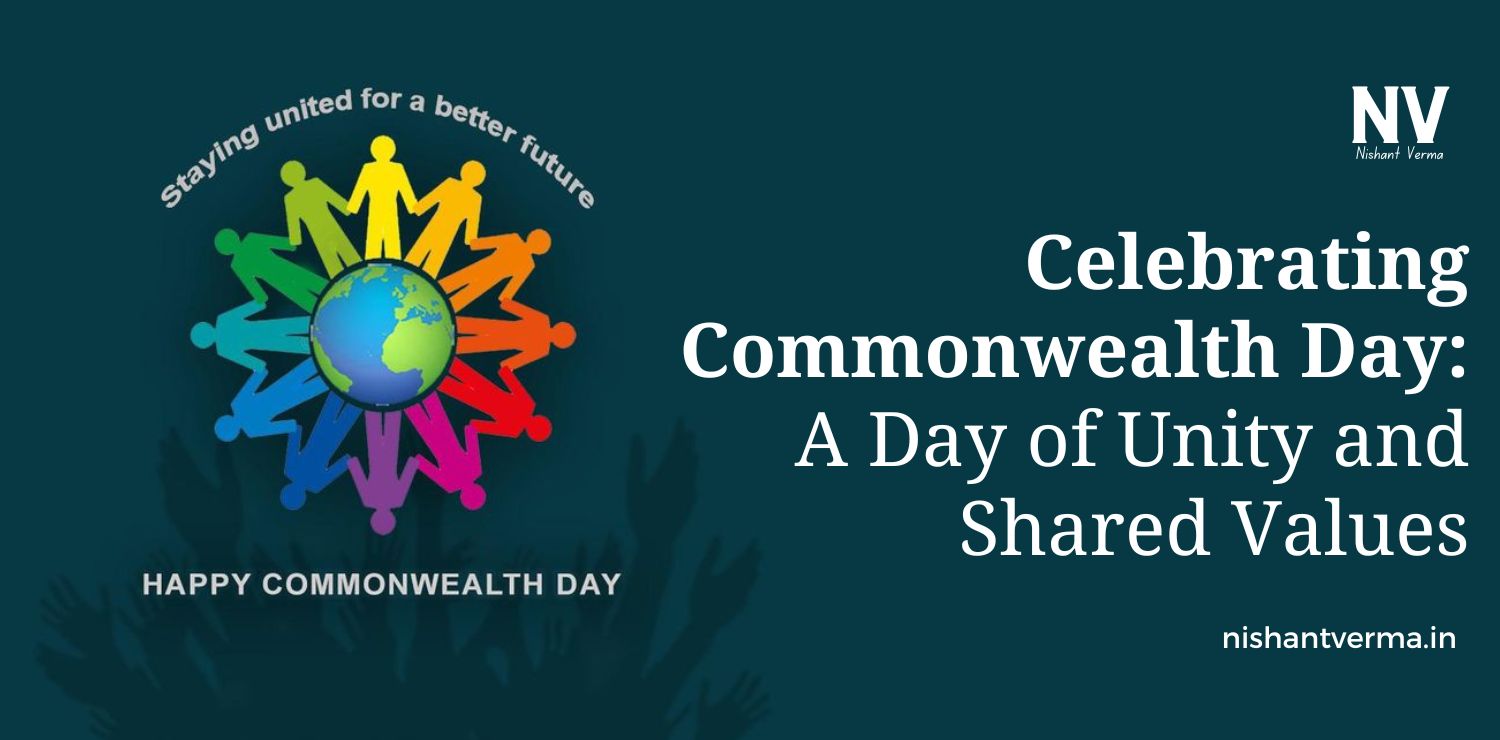Vinayak Damodar Savarkar and Madhav Sadashiv Golwalkar are two figures in Indian history who continue to evoke strong emotions. For some, they are celebrated as heroes who contributed significantly to India’s struggle for independence and the preservation of its cultural identity. For others, they are controversial figures, with their views often criticized for being divisive. But when we look deeper into their lives and work, it becomes clear that their contributions to India’s freedom struggle and its national identity were monumental. In this article, we will explore the legacies of Savarkar and Golwalkar and argue why they deserve recognition as heroes of India’s history.
Savarkar: The Freedom Fighter Who Refused to Back Down
Vinayak Damodar Savarkar, often simply called Veer Savarkar, was one of the most prominent leaders in India’s fight against British colonial rule. Born in 1883 in a small village in Maharashtra, Savarkar was an intellectual and a passionate freedom fighter. He was deeply influenced by the idea of self-respect and the need to reclaim India’s sovereignty from British rule.
Savarkar’s Contribution to India’s Independence Movement
Savarkar is most famous for his book, “The History of the First War of Indian Independence” (1909), where he called the 1857 uprising not just a mutiny, as the British had labelled it, but a full-scale war of independence. This was one of the first major attempts to describe India’s struggle for freedom in such a way. His work was widely read and became an important text in inspiring the next generation of freedom fighters.
Savarkar was also deeply involved in revolutionary activities during his early years. He was arrested by the British in 1909 for his role in a conspiracy to assassinate a British official. He was sentenced to life imprisonment and sent to the infamous Andaman Cellular Jail, a place where many Indian freedom fighters suffered immensely. Despite the harsh conditions, Savarkar never gave up his dream of an independent India.
While in prison, Savarkar wrote extensively on various subjects, including history, politics, and social issues. His writings were a beacon of resistance against British rule and inspired many young Indians to take up the cause of freedom. Even after his release, he continued to be an outspoken critic of British policies.
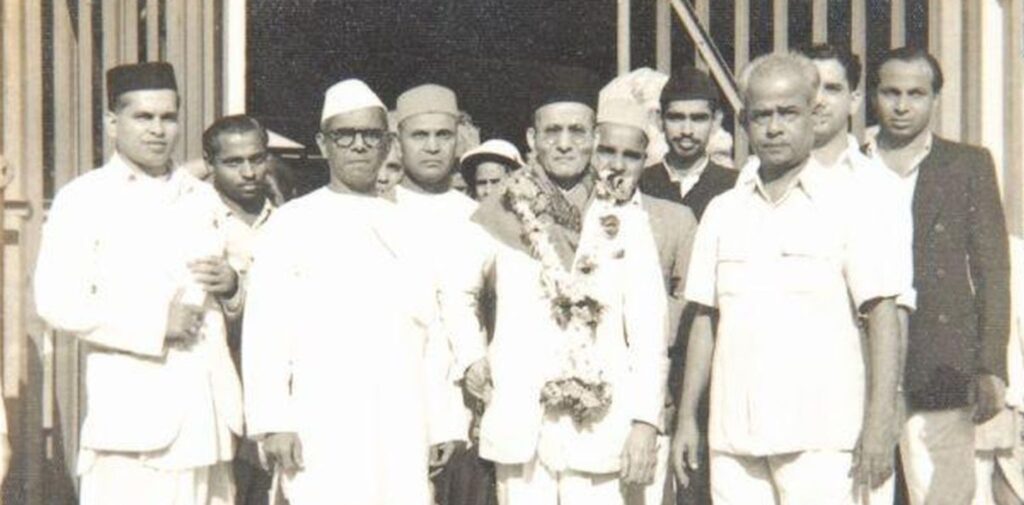
Savarkar’s Ideology and Vision for India
Savarkar was not just a freedom fighter; he was also a thinker and a philosopher. He is known for his strong advocacy of Hindutva, a term he coined, which emphasized the importance of Hindu culture, identity, and unity. Hindutva was, according to Savarkar, a way to unite all Hindus and create a strong, independent nation.
Many people misunderstand Hindutva to be a form of religious intolerance or exclusivism. However, in Savarkar’s vision, Hindutva was about preserving and celebrating India’s ancient culture, values, and unity. He believed that India should be a homeland for all its citizens, irrespective of religion and that the true essence of India lay in its Hindu civilization. His idea of Hindutva was, therefore, not about religious discrimination but about cultural nationalism and national unity.
Golwalkar: A Leader Who Shaped India’s National Identity
Madhav Sadashiv Golwalkar, or Guruji Golwalkar, was one of the most influential leaders of the Rashtriya Swayamsevak Sangh (RSS), an organization founded in 1925 to promote the welfare of the Hindu community. Golwalkar took over the leadership of the RSS in 1940 and played a pivotal role in shaping its vision and work.
Golwalkar’s Contribution to Nation-Building
Golwalkar is often remembered for his role in building the RSS into a powerful organization that not only focused on the physical and spiritual development of its members but also worked to strengthen India’s social fabric. Under his leadership, the RSS spread across India and became a major force in promoting social harmony, nationalism, and cultural pride.
Golwalkar’s vision for India was deeply rooted in the idea of “one nation, one culture”. He believed that for India to remain strong, it needed to rediscover its roots in its ancient culture, which had been under threat from foreign invasions and colonial rule. Golwalkar’s writings and speeches emphasized the importance of unity, self-reliance, and pride in one’s heritage.
His famous work, “Bunch of Thoughts”, outlines his vision for a unified India, based on the ideals of Hindutva. He believed that India’s diversity could be its strength, but only if it was united under a common cultural identity. Golwalkar’s ideas about social harmony and the preservation of India’s cultural values have inspired millions of people, especially those who felt that India’s ancient civilization was being eroded by Westernization and foreign influences.
Golwalkar’s Role in Post-Independence India
While Golwalkar’s contributions are often criticized by some for being divisive, his impact on post-independence India cannot be ignored. Under his leadership, the RSS played a critical role in promoting nationalism and building a sense of unity among people who had been divided by colonial policies of divide and rule.
Golwalkar also focused on educational reform, establishing several schools and institutions that taught Indian values, culture, and history. He emphasized the importance of character-building and the development of a disciplined and morally upright citizenry. His vision for India was not just of political independence but of spiritual and cultural resurgence.
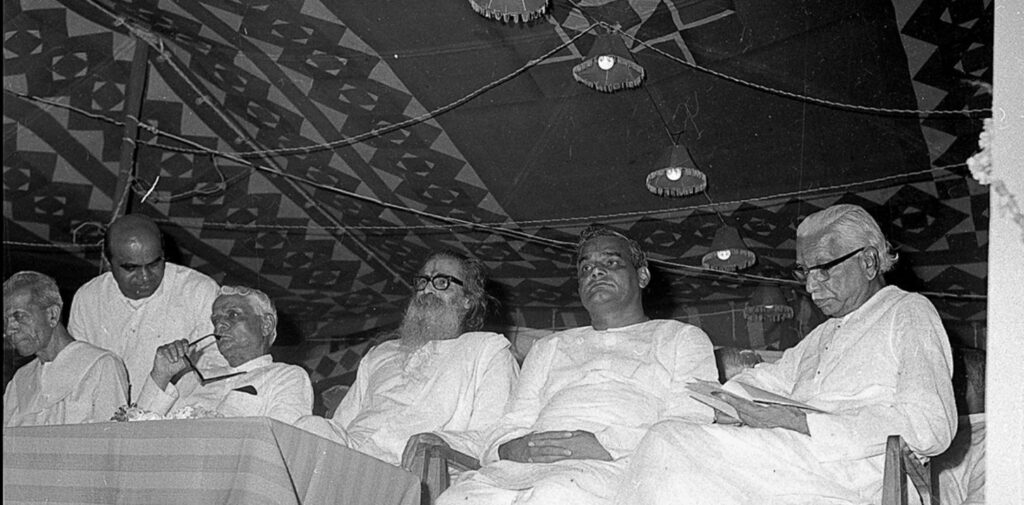
Why Savarkar and Golwalkar Should Be Seen as Heroes
Fearless Patriots: Both Savarkar and Golwalkar were fearless patriots who dedicated their lives to the cause of India’s freedom and cultural revival. Savarkar faced torture and hardship in prison but never wavered in his belief that India should be free from colonial rule. His ideas, though controversial to some, were deeply rooted in a love for his country and its people.
Golwalkar, similarly, devoted his life to building a strong and united India. His leadership of the RSS helped shape the political and cultural landscape of post-independence India, particularly in terms of preserving the nation’s cultural identity. Though his ideas have been the subject of debate, his unwavering commitment to the nation’s welfare and unity is undeniable.
Protectors of Hindu Culture: Both leaders are also seen as protectors of India’s cultural heritage. At a time when the country was facing external threats and internal divisions, Savarkar and Golwalkar sought to unify the people of India under the banner of Hindu civilization. They argued that India’s strength lay in its rich cultural and spiritual traditions, and they worked tirelessly to preserve these traditions in the face of foreign domination and modern challenges.
Defenders of National Unity: One of the key aspects of both Savarkar’s and Golwalkar’s work was their emphasis on national unity. They believed that India’s diversity—its different languages, religions, and cultures—should not divide its people. Instead, they argued that this diversity could be harmonized under a shared national identity based on Hindutva.
Savarkar and Golwalkar’s efforts were not to promote any form of exclusion but to create an environment where Indians could unite around common values of patriotism, self-respect, and cultural pride. Their advocacy for national unity, in the face of division and colonization, should be seen as a crucial contribution to India’s strength and independence.
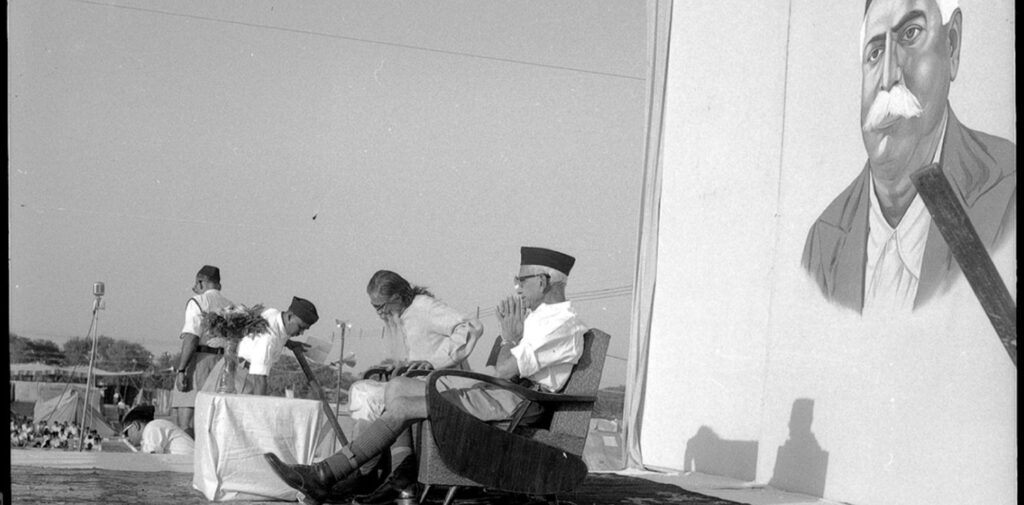
Conclusion: Savarkar and Golwalkar as Heroes
Vinayak Damodar Savarkar and Madhav Sadashiv Golwalkar were not just leaders; they were visionaries who saw an independent India as a nation rooted in its own culture and identity. Their contributions to the freedom struggle, cultural revival, and national unity make them deserving of recognition as heroes of India’s modern history. While their ideas may be debated, their commitment to India’s independence and strength is unquestionable.
These two leaders fought for a vision of India that was proud, united, and free. Today, as India continues to evolve, their legacies remain a powerful reminder of the ideals of courage, unity, and cultural pride that shaped the country’s path to independence and beyond.

